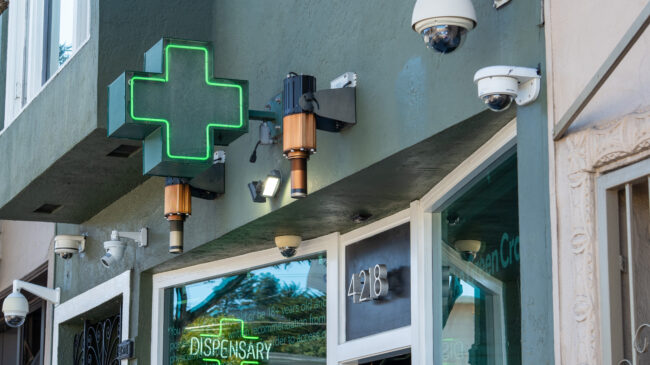Oakland became the first jurisdiction in America to include social equity goals in its cannabis regulations in 2017. Since then, social equity has been a popular project for marijuana legalization supporters in Southern California and across the country. Yet, despite the rapid proliferation of social equity initiatives in cities and states, these efforts have mostly failed to achieve their goals of improving the lives of people hurt by the government’s war on marijuana.
The government has harmed many Americans for decades by engaging in an unjust, discriminatory drug war. Former Nixon administration officials admitted they concocted the war on drugs to give them a pretext for harassing black Americans and hippies. Statistics confirm that black Americans were arrested disproportionately on drug charges even though black and white Americans use drugs at similar rates.
The drug war led to the arrest of millions of nonviolent Americans. The resulting criminal records impaired those citizens’ abilities to find employment and housing, attend colleges, and get business loans. Social equity advocates sought to redress some of these harms by creating a series of preferences or privileges for specific populations as part of state and local plans to legalize marijuana sales for adults. Some jurisdictions reserved cannabis business licenses for individuals who met some definition of a “social equity applicant.” Others dedicated a portion of cannabis tax revenues for grants to community-based nonprofits that promised to offer job training or other programs to victims of failed drug war policies.
In California, cities and counties are responsible for crafting their own social equity policies and can receive grants from the state if they do so. Los Angeles, Long Beach, Palm Springs, and San Diego are some of the localities that have received state grants. But policymakers failed to anticipate how these programs could be exploited by people who were never victims of the drug war. Most equity programs allow individuals to qualify based on having lived in neighborhoods where people were arrested even if they personally never suffered any consequences of the drug war. These grants to nonprofits can also be shifted to pay the salaries of officers and directors rather than the intended recipients.
In Los Angeles, corporate recruiters scoured low-income housing projects on the city’s south side, offering to pay as little as $7,000 to individuals to pose as frontmen on cannabis industry business license applications. These frontmen would not own or control these marijuana businesses, but their names could be used so others could gain privileged status as “social equity applicants.” In other variations of this arrangement, financiers paid frontmen modest salaries or granted them a small share of net profits to get social equity status for their projects.
These stories are ubiquitous. Yet, even if they worked as intended, social equity programs should be more capable of correcting government-caused injustices of the past. Not everyone arrested over the last several decades is interested in starting a legal cannabis business today. Moreover, since most jurisdictions limit the number of marijuana business licenses, it would be impossible for everyone arrested for marijuana crimes to get one. And existing social equity programs do little to deliver justice to most drug war victims.
Social equity must be reimagined. Cities and states should make it easier for unlicensed cannabis providers to get licensed and legally sell marijuana. Barriers to entry, including high licensing fees and limits on the number of licenses, should be eliminated so entrepreneurs with modest means can enter the market and compete.
Furthermore, efforts at restorative justice should focus on targeting relief to all of the drug war’s victims. California has done well at expunging the criminal records of cannabis offenses that are no longer crimes. Now, California must ensure it removes regulatory barriers preventing people ensnared in the failed war on drugs from participating in the state’s legal marijuana market.
A version of this commentary first appeared in The Orange County Register.

